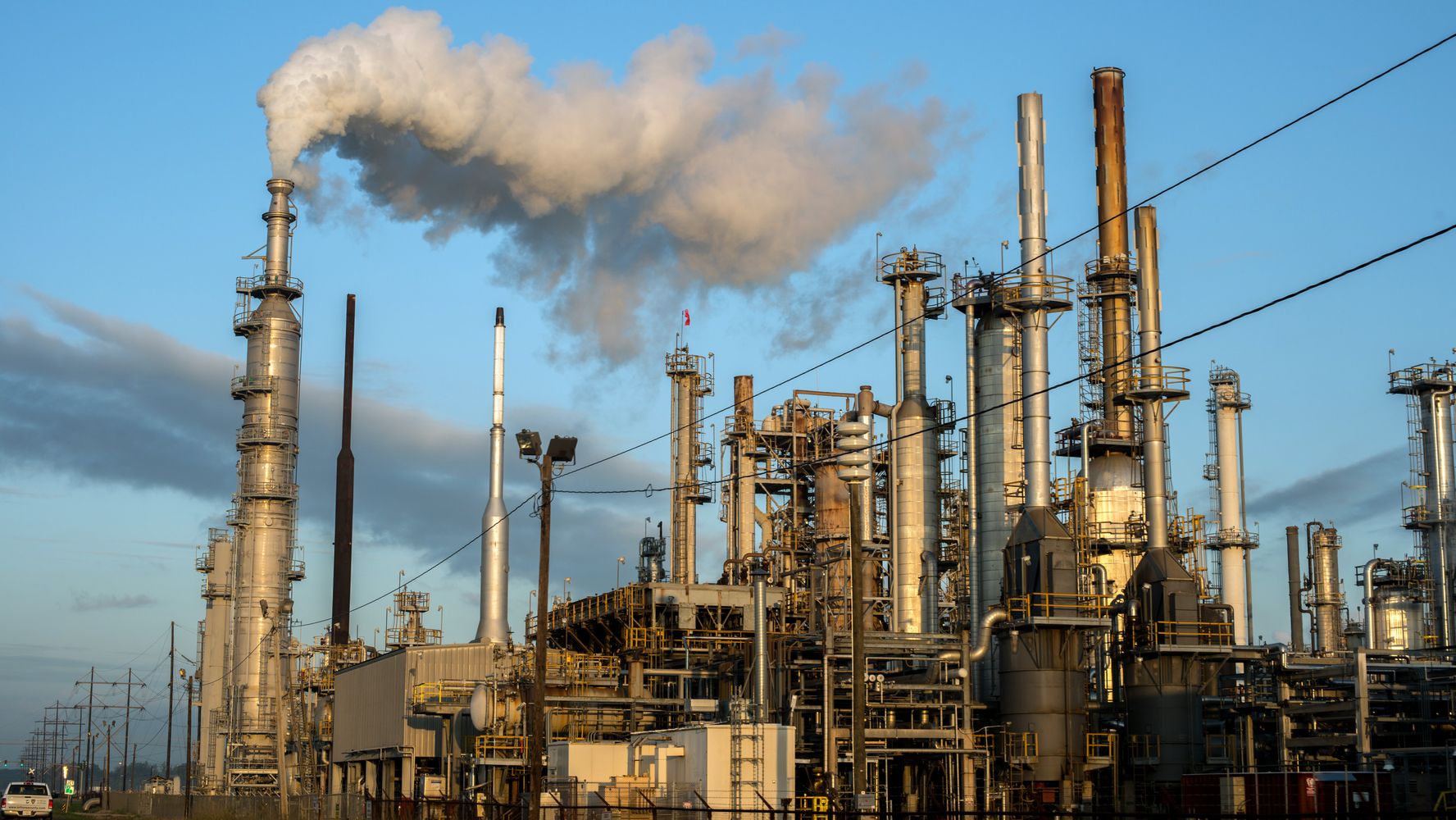[ad_1]
United Nations human rights officials issued a report Tuesday condemning environmental racism in Louisiana’s “Cancer Alley,†where the mostly Black population breathes air heavily polluted by an ever-widening corridor of petrochemical plants.Â
Once the site of plantations where generations of enslaved African workers toiled and died, the 85-mile stretch along the lower Mississippi River between Baton Rouge and New Orleans has for decades served as an industrial hub, with nearly 150 oil refineries, plastics plants and chemical facilities.Â
The area is also home to the descendants of those enslaved workers, who studies show have suffered and died from cancer, diabetes, and respiratory diseases at higher rates than most of the country, and higher than Louisiana as a whole. The risk of cancer from air pollution in the corridor is 95% higher than in most of the country, and during the early months of the COVID-19 pandemic, death rates from the virus soared.Â

“This form of environmental racism poses serious and disproportionate threats to the enjoyment of several human rights of its largely African American residents, including the right to equality and non-discrimination, the right to life, the right to health, right to an adequate standard of living and cultural rights,†the U.N. experts said in the report.Â
The finding from an international body known for investigations of protest crackdowns in Myanmar, torture in Afghanistan, and assassination attempts on Russian opposition leaders highlights the severity of the issue in the world’s most powerful rich country. The human rights office last criticized the United States over racist police violence last week, reiterating concerns it raised during last summer’s protests following the killing of George Floyd.Â
Until the U.S. Army Corps of Engineers suspended permits in November, Taiwanese industrial giant Formosa Plastics Corp. was building what would have been one of the world’s largest plastic manufacturing plants in the region. The project, approved in 2018, would have more than doubled the cancer risks in St. James Parish, where census data show roughly half the population is Black and nearly 17% falls below the poverty line.Â
But using data from the Environmental Protection Agency, the U.N. researchers found that the cancer risks for the predominantly Black parts of the parish were up to 105 cases per million residents, while areas where the population was mostly white ranged from 60 cases to 75 cases per million.Â
As more petrochemical plants open, the U.N. report estimated that the combined carbon dioxide emissions per year in a single parish would exceed those of 113 countries.Â

Unmentioned in the report was the effort over the past year by Louisiana lawmakers to squelch protest by the vibrant community activist groups in the pollution-plagued region. In May, the state legislature passed a bill that would have required judges to impose a mandatory three-year minimum prison sentence with hard labor on protesters convicted of trespassing on industrial property or infrastructure. That could include almost anywhere in a state with 125,000 miles of oil and gas pipelines.Â
But advocates in St. James Parish took the threat personally. For years, community groups that included the descendants of enslaved Black workers had protested plans to build the Formosa plastics plant on the site of an unmarked slave burial ground. If police arrested them during a routine spiritual ceremony to honor the dead and demand special designation for the area, the bill would have subjected them to severe penalties.Â
“This is just going back to slavery,†Sharon Lavigne, the founder of RISE St. James, told HuffPost at the time. “These are some dirty dogs. Dirty, dirty dogs.â€Â
Gov. John Bel Edwards (D) vetoed the bill. But similar legislation is popping up in other states. Â
Calling all HuffPost superfans!
Sign up for membership to become a founding member and help shape HuffPost’s next chapter
[ad_2]
Source link





